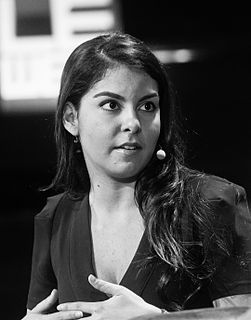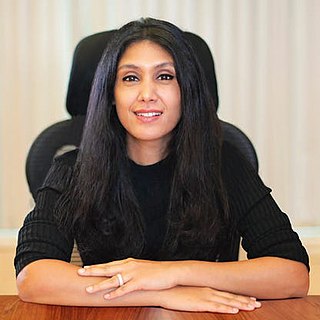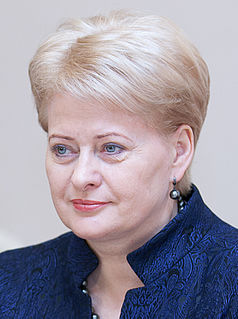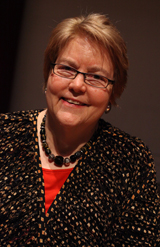A Quote by Jill Soloway
I'm happy to always be included in the list of women. I'd like to be in the sections about female leaders and male leaders. Why not?
Related Quotes
Schools like Doon or Lawrence in Sanawar didn't decide to create leaders when they started. Look at their alumni list today, and you have a former prime minister, Olympic gold medallist, army generals, cabinet ministers, and leaders in different spheres. Some kind of training started at the school level itself that helped create leaders.
We do not have many women leaders in the world. But if you look at the current examples, most of those few female leaders that we have today lead their countries under the pressure of difficult political and economic circumstances. They all posses strong personalities and have real political influence on the domestic and international scene.
Whether there are innately female leadership styles... is not really the right question. It is more important to ask why there has been so little attention paid to women leaders over the years as well as why the styles of leading more often exhibited by women are particularly useful at this critical moment in history.
In ancient times, people weren't just male or female, but one of three types: male/male, male/female, female/female. In other words, each person was made out of the components of two people. Everyone was happy with this arrangement and never really gave it much a thought. But then God took a knife and cut everybody in half, right down the middle. So after that the world was divided just into male and female, the upshot being that people spend their time running around trying to locate their missing other half.
Maybe just as many women writers as male writers could be billed as the next great American writer by their publisher. Maybe book criticism sections could review an equal amount of female and male writers. Maybe Oprah could start putting some books by women authors in her book club, since most of her audience is women.
I came back to this idea of telling the stories of women who aren't in all of the history books. Their names are not up there next to male names that we've know since we were little kids. Ching Shih, for example, was a pirate commander from the late 1800s to the early 1900s. She was one of the most fearsome pirates, why is her name not included when we list the names of great pirates like Blackbeard?

































